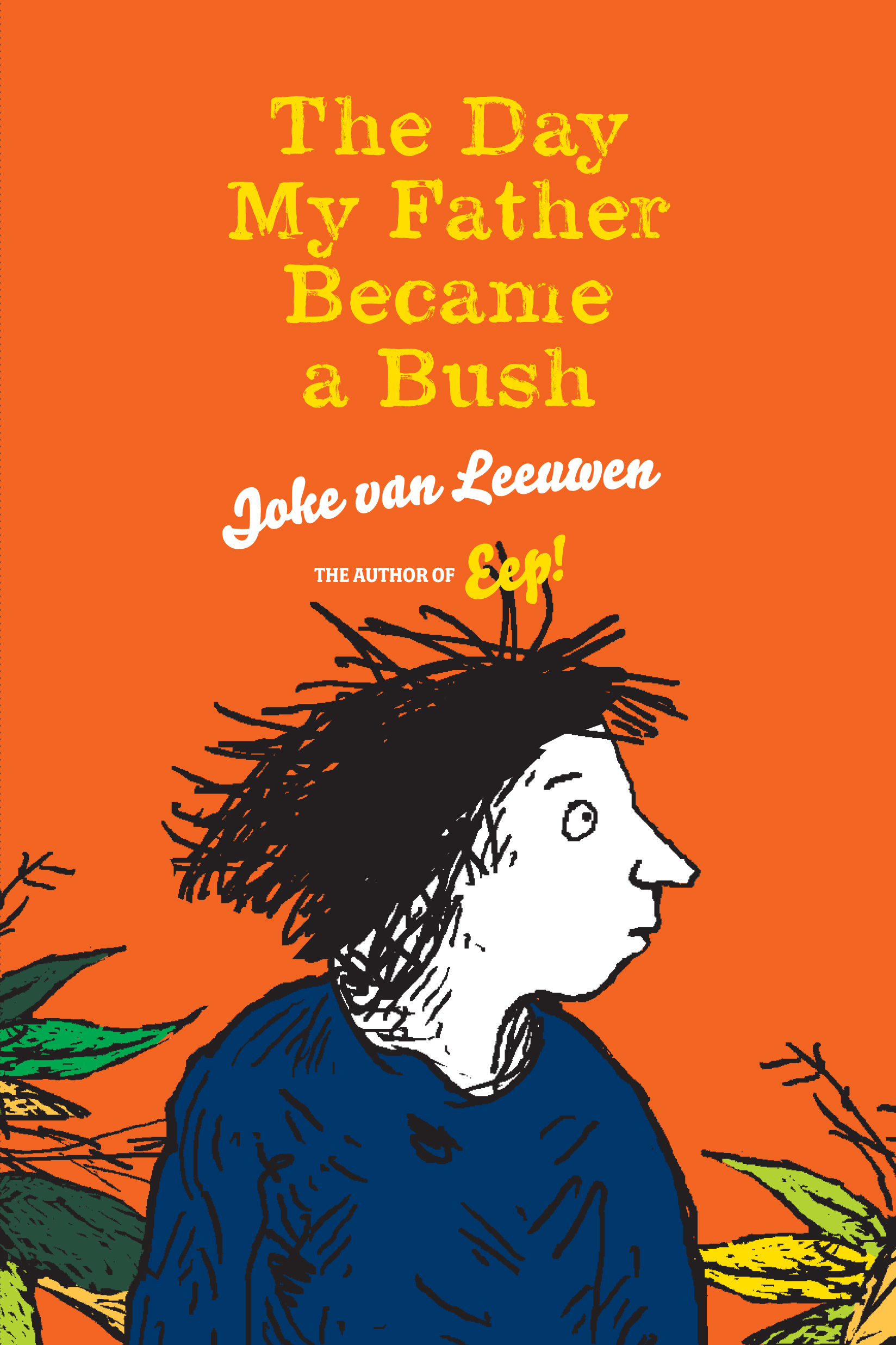2018 School Spending Survey Report
The Day My Father Became a Bush
tr. from Dutch by Bill Nagelkerke. illus. by author. 104p. Gecko Press. 2013. Tr $16.95. ISBN 9781877579486.
COPY ISBN
The narrator of this quirky story describes two terrible results of her country's war, one of which is that she's sent to live with her estranged mother in a neighboring country. The narrator's naive clarity of voice creates an engaging critique on the idiocies of conflict and bureaucracy. Liberally endowed with comic, ironic cartoon drawings.
This popular Dutch author/illustrator has a gift for writing of serious matters while maintaining a deceptively light, quirky sense of humor. The narrator of this story (all we learn of her name is that it contains four ks and ends with "toda") describes two terrible results of her country's war. One is that her father "becomes a bush" (she imagines him in various forms of camouflage); the other is that she's sent with other refugees across the border to live with her estranged mother in a neighboring country. Her journey is picaresque: first she encounters an autocratic retired general who wants to measure her fearlessness with Scary Words, Scary Pictures, and Unexpected Situations; then she meets a captain who's AWOL because he's unable to use the imperative mood. Van Leeuwen presents vagaries of personality, bureaucracy, and nationalism with a gentle form of Brechtian absurdity; and the narrator's naive clarity of voice and affection creates an engaging critique on the idiocies of conflict and bureaucracy. At the same time, this fable is warm, intelligent, and funny, arriving at a conclusion that is emotionally satisfying, if not secure. Liberally endowed with van Leeuwen's comic, ironic cartoon drawings. deirdre f. baker
RELATED
ALREADY A SUBSCRIBER? LOG IN
We are currently offering this content for free. Sign up now to activate your personal profile, where you can save articles for future viewing





Be the first reader to comment.
Comment Policy:
Comment should not be empty !!!